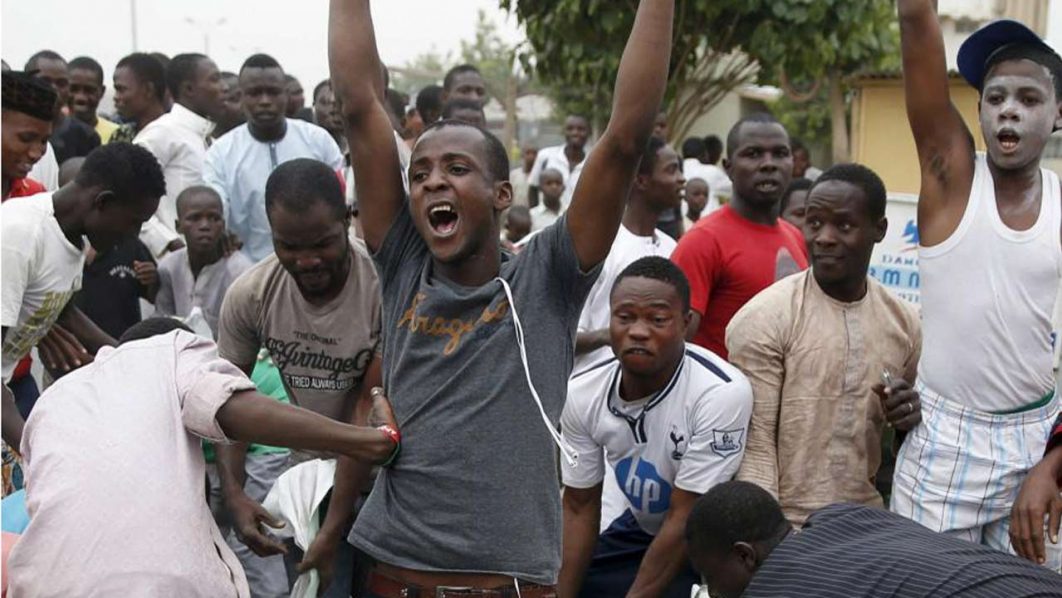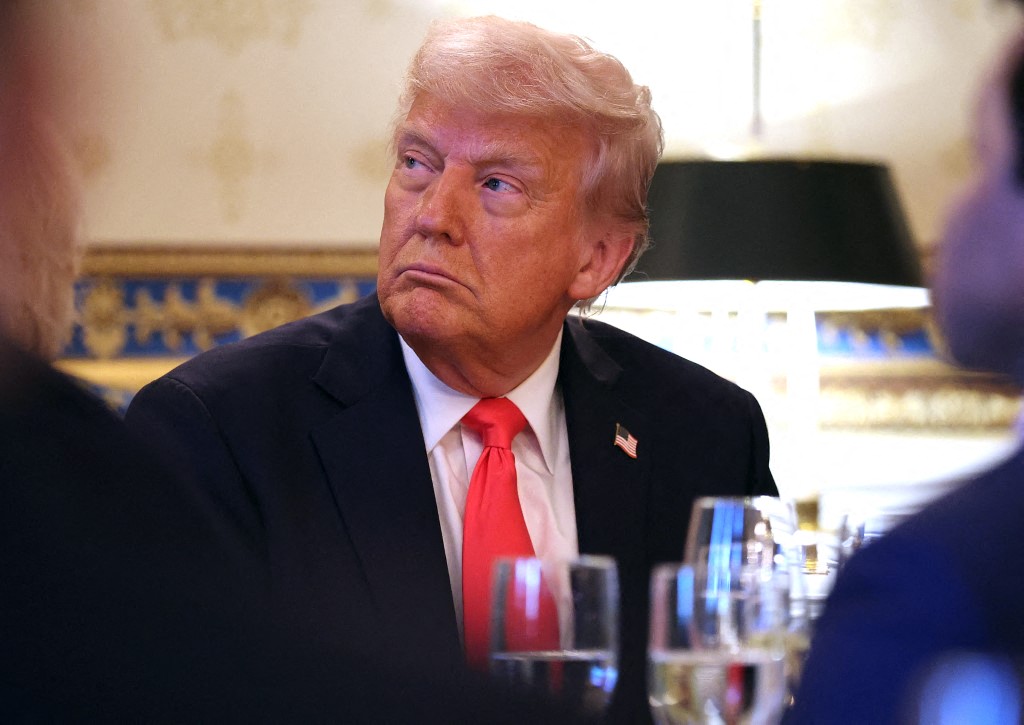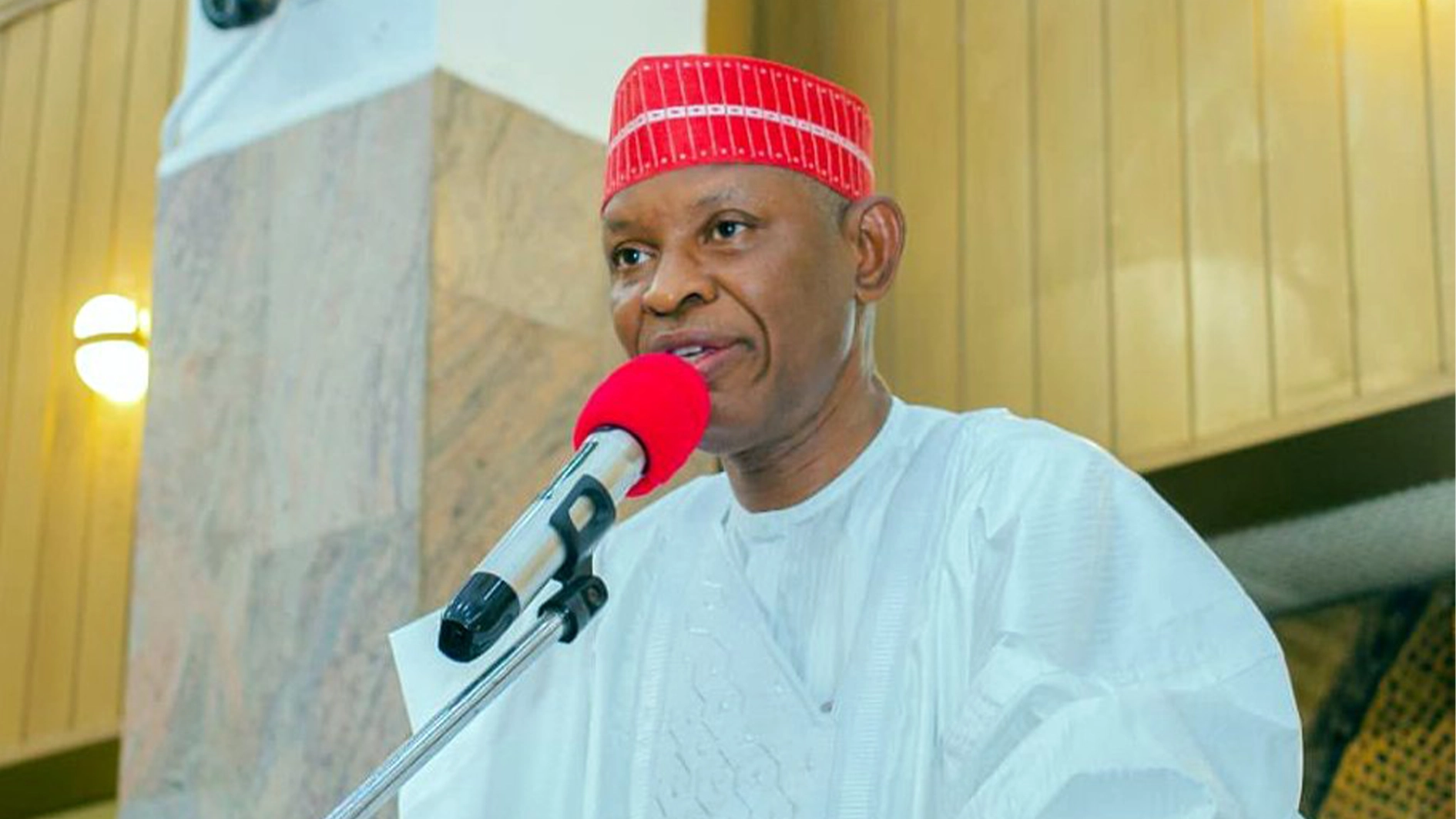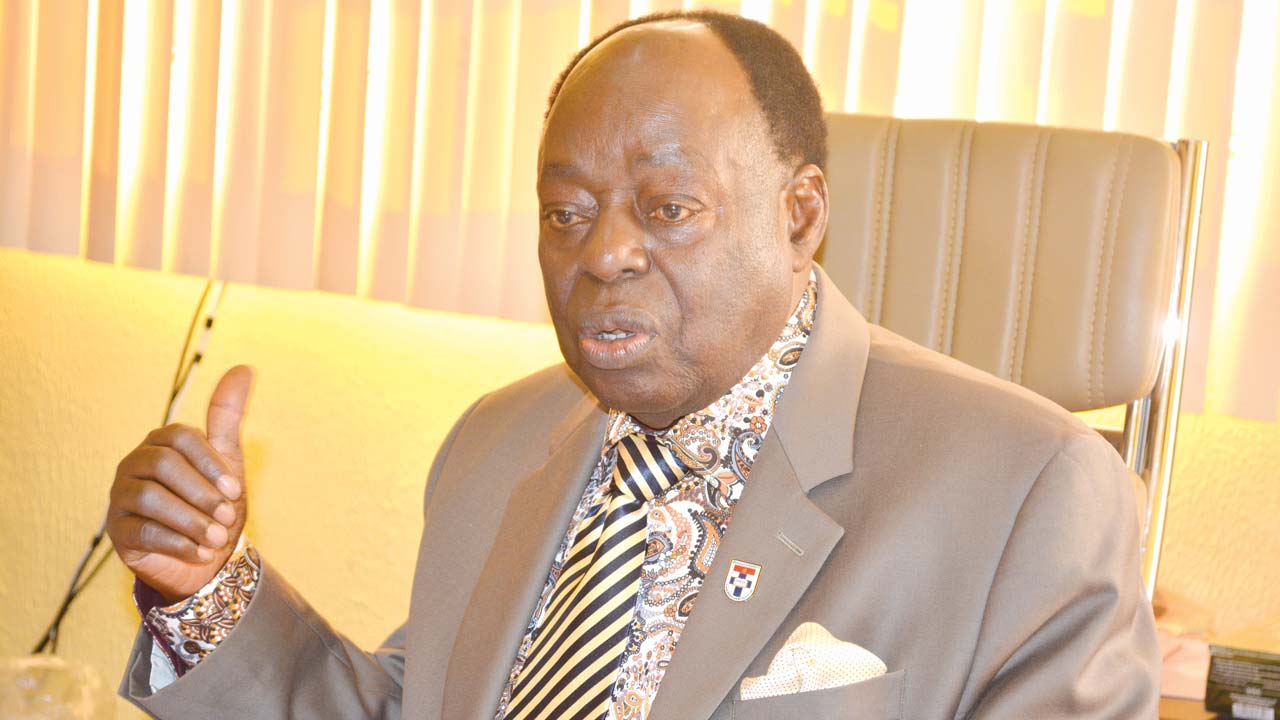
Youths today are coming to age in a world beset by crises. Even before the COVID-19 pandemic devastated lives and livelihoods around the world, the socio-economic systems of the past had put the liveability of planet earth at risk and eroded pathways to healthy, happy, fulfilled lives for too many.
The same prosperity that enabled global progress and democracy after the Second World War is now creating the inequality, social discord, and climate change we are experiencing now- along with a widening generational wealth gap and youth unemployment and debt burden. For Millennials, the 2008 financial crisis and the Great Recession resulted in significant unemployment for the First World, mass unemployment for the Third World; and huge youth debt, and a lack of meaningful jobs. Now for this generation, COVID-19 has caused school and workplace shutdowns, worsening unemployment, and mass protests.
Even in preliterate Nigeria, Sahara Reporters Journal publisher, Omoyele Sowore is leading a revolt of youths in discernible insincere and poor governance. He is followed by the Yoruba Nation activist, Sunday Adeyemo Igboho, who is agitating for outright dismemberment of Nigeria for palpable misrule, corruption and nepotism. Yet another is the Indigenous People of Biafra leader, Nnamdi Kanu who is leading an age-long secession of the Igbo people from Nigeria for alleged persecution, marginalization, and pogrom. All of these agitators are youths below the age of 60 years.
Of course, these young people are right to be deeply concerned and angry, seeing these challenges and the multiplicity of loans being accumulated by the government as a betrayal of their future. But we cannot allow these converging crises to stifle our search for solutions. We must remain optimistic and we must act, for inactivity reside solutions. The next generations are the most important and the most affected stakeholders when talking about the future of the globe. And we owe them more than pointing the way forward on the solution to the crisis we’re in.
The year 2021 is the time to start thinking and acting long-term to make intergenerational parity the norm and to design a society, economy, and community that cares for all the people. Though due to ignorance, youthful exuberance and intellectual weakness young people have failed Nigeria in the past and owing to the perverted world view the aged are not better. Thus, intergenerational parity can be the only saving grace.
Youths are also the best placed to lead this transformation. In the past 10 years of studying the work of the World Economic Forum’s Global Shapers Community, a network of people between the ages 20 and 30 workings to address problems in more than 450 cities around the world, we’ve seen first hand that youths are the ones with the most innovative ideas and energy to build a better society for tomorrow.
Over the past year, Global Shapers organized dialogues on the pressing issues facing society, government, and business in 146 cities, reaching an audience of more than 2 million. The result of this effort, “Davos Labs: Youth Recovery Plan,” presents both a stark reminder of our urgent need to act on the compelling insights for creating a more resilient, sustainable, and inclusive world. One of the unifying themes of the discussions was the lack of trust young people have for existing political, economic, and social systems.
Young people are fed up with ongoing concerns of corruption, nepotism, insincerity, and stale political leadership as well as the constant threat to physical safety caused by terrorists, and militarized policing against activists and political opponents. Facing a fragile labour market, and a bankrupt pension scheme, half of those surveyed said they felt they had inadequate skills for the current and future workforce and almost a quarter said they risk falling into debt if faced with an unexpected medical expense.
The fact that half of the world’s population remains without internet access presents additional hurdles. The stresses of finding employment have exacerbated the existential and the silent health crisis. So, what would the Millennials and the new generation do differently? Most immediately, youths are calling to safeguard vaccines and equal distribution of same throughout the globe. They are rallying behind a global wealth tax to help finance more resilient safety nets and manage the alarming surge in wealth inequality.
Youths are calling for investment programmes that help young progressive voices join the government and become policymakers. They are championing an open internet and a $2 trillion digital access plan to bring the world online and prevent internet shutdowns. Moreover, they are at the forefront of creating new ways to minimize the spread of fake news and combating dangerous and extremist views. Also, they’re calling for investment to prevent and tackle the stigma associated with mental health.
Transparency, accountability, trust, and focusing on stakeholder capitalism are the youth’s answers to meeting this generation’s ambitions and expectations. Therefore, we must entrust in them the power to take the lead to create meaningful change. It is inspiring to see countless examples of young people pursuing collective action by bringing together diverse voices to care for their communities. From assisting refugees to helping victims of the pandemic to drive action on climate change, these youth examples provide the blueprint we need to build the more resilient, inclusive, and sustainable society and economy we need in the post-COVID-19 world.
We are all living together in a global village, and it’s only by an interactive dialogue, understanding each other, and having respect for one another that we can create the necessary climate for a peaceful and sustainable world.






